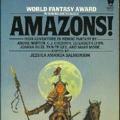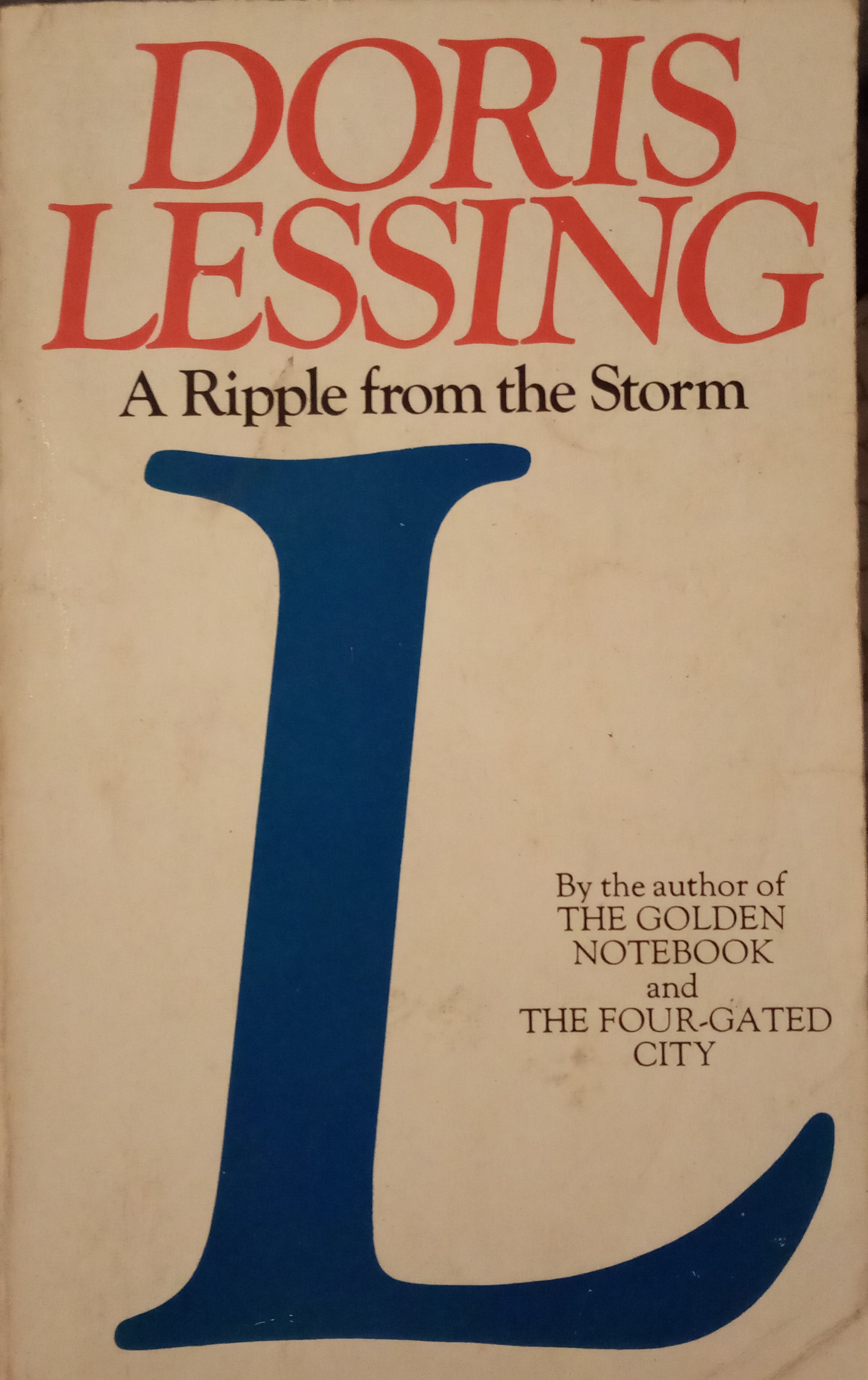radio-appears reviewed A Ripple from the Storm by Doris Lessing (Children of violence, #3)
The titular ripple in the titular storm
I picked this book up from a Little Free Library, so I didn't know this was the third installment of a five-part series. It was not an issue, honestly, as it's pretty easy to pick up on the events that proceeded the novel. Martha Quest, the main character of this semi-autobiographical novel, has just left her husband and child and is discovering her political self in Rhodesia's small communist scene against the background of the Second World War. The titular storm, of course.
She's part of the secret "group" that consists of - at most - twelve people who intend to topple the colonial regime and make Rhodesia a communist country, in which all classes and all races are equal. Despite this very ambitious goal, most of their meetings consist of lectures on the history of communism and arguing whether or not wearing make up is a sign that a woman is not sufficiently committed to the cause. Meanwhile, the social democrats are actually doing the hard work of making frustratingly incremental improvements in the country's racial politics. Or actually, their own party's racial politics. The country is still far beyond their grasp. The "group" is led by Anton, a preachy, bureaucratic guy whose feeble attempts at tyrannical rule are barely tolerated, and only because his status as a German refugee, who had to flee because of his political beliefs and quarter-Jewish heritage, gives him a certain amount of clout within this small community. Really, if you've ever even been tangentially involved with leftist activism, it's all painfully, embarrassingly, hilariously relatable. (Every single person I've explained "the group" to has groaned with recognition. Things, they do not change.)
Possibly because it's the middle of a series, the ending isn't very strong. But that wasn't much of an issue for me. Lessing's almost vignette-like style shines the most in the relationships between characters. She has a knack for capturing these interpersonal dynamics with an ironic understanding.
This book is a very interesting look into a time and place I'm not very familiar with, and beyond class or gender, she also touches on the race relations in this apartheid state quite well. I really enjoyed it, and I'm going to see if I can find the other four volumes as well. Instead of placing it back in an LFL, I'll be passing this one along to my mom who really wanted to read it. I'm looking forward to talking about it with her!

